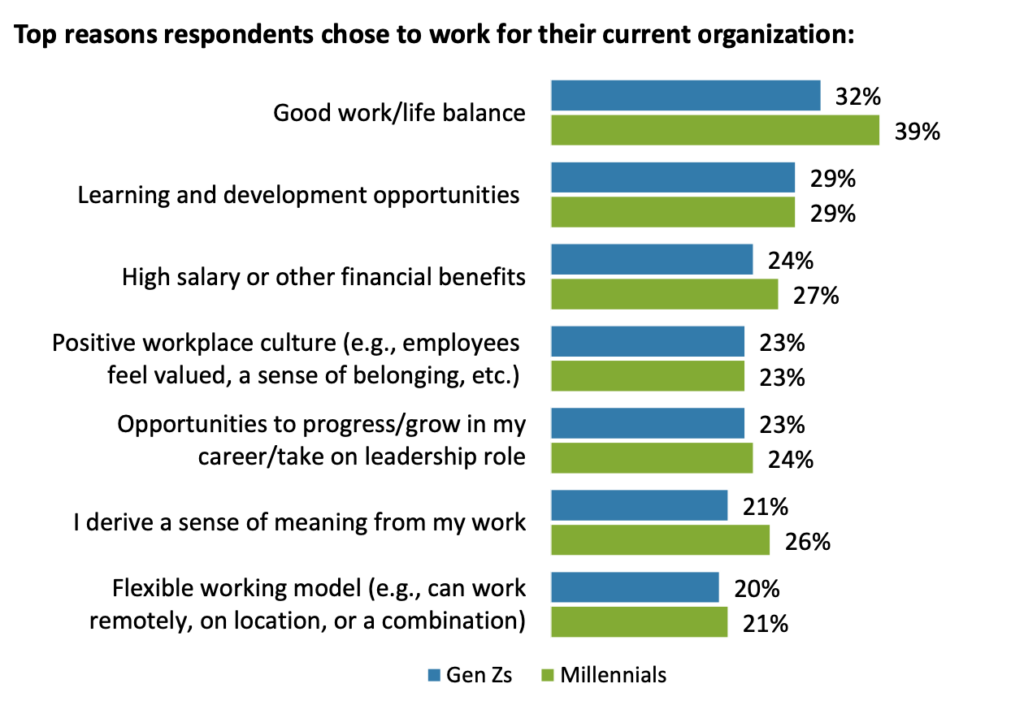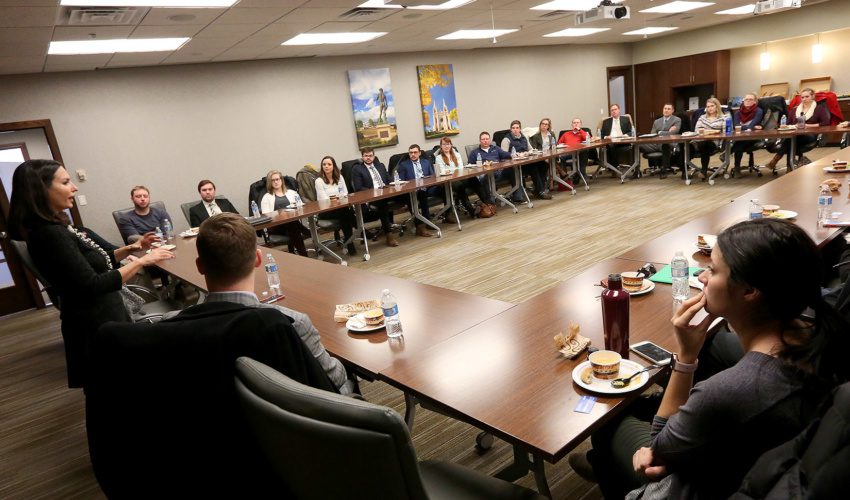Jodi’s Journal: This Fall of Our Fragility
Oct. 30, 2022
The 5-year-old’s bedroom was — there’s just no other word for it — a mess.
Clothes, dolls, books and a zoo’s worth of stuffed animals were spread across nearly every square inch of the floor.
It was going to be a big, long, ugly cleanup before she was able to go to sleep. And she knew it.
As my friend panned the room taking a video of the unprecedented upheaval, the kindergartner who was huddled in the room’s lone open corner can be heard in the background despairing: “I just can’t handle it!”
“You just can’t handle it?” my friend responded, choking back a laugh as her daughter wailed in response.
Replace the room with your workload, your household or any number of outside responsibilities, and it’s a bit relatable, isn’t it?
It all has become a lot to handle.
Fragile.
The word kept coming into my mind in recent weeks, from my own interactions to conversations with others in the business community. If John Steinbeck titled his novel “The Winter of Our Discontent,” this message feels like “The Fall of Our Fragility.”
I mentioned as much to a business owner friend recently who began nodding vigorously.
“I’ve never had to deal with so much crying at work,” the person said. “Especially younger employees. If they make one mistake, they break down.”
There’s no doubt these past couple of years have been challenging in multiple ways. And now, we find ourselves dealing with an uncertain economy, rising prices, product shortages, instability globally, political polarization domestically, more illnesses, workplaces that are short-staffed because they can’t find people to hire, workplaces that are struggling over which people they need to lay off, kids with dropping test scores, and the list goes on and on.
Maybe it’s not surprising people are turning to what they can control and trying to make a change.
Last year, the U.S. Department of Labor reported nearly 48 million people quit their jobs, which was an annual record. And the so-called Great Resignation might not be over yet.
Deloitte’s 2022 Gen Z and Millennial Survey found four in 10 members of Generation Z and nearly one in four millennials globally would like to leave their jobs within two years.
“This year’s survey found that Gen Zs and millennials are deeply worried about the state of the world and are fighting to reconcile their desire for change with the demands and constraints of everyday life. They are struggling with financial anxiety, while trying to invest in environmentally sustainable choices,” it said.
“They feel burned out, but many are taking on second jobs, while pushing for more purposeful — and more flexible — work. They press their employers to tackle climate change, particularly when it comes to efforts they can get directly involved in, but businesses may still be missing opportunities to drive deeper and broader climate action. They have inspired organizations to take action to address workplace mental health, but they are not always comfortable talking about these issues or taking advantage of the resources available.”
Nearly half of Gen Zs said they feel stressed all or most of the time, the study found. Millennials’ stress levels dropped somewhat year over year, but nearly four in 10 still reported high stress levels. Overall, stress levels are even higher among women.
“Long-term financial futures and day-to-day finances continue to be top stress drivers for both generations,” it said.
Meanwhile, burnout is very high among both generations and signals a major retention issue for employers:
- 46 percent of Gen Zs and 45 percent of millennials feel burned out because of the intensity and demands of their working environments.
- 44 percent of Gen Zs and 43 percent of millennials say many people recently have left their organization because of workload pressure.
“Employers do seem to be making progress when it comes to prioritizing mental health and well-being in the workplace,” Deloitte said in its report. “More than half agree that workplace well-being and mental health has become more of a focus for their employers since the start of the pandemic. However, there are mixed reviews on whether the increased focus is actually having a positive impact.”
One in four millennials and one in five Gen Zs do not believe that their employer takes burnout seriously or is taking steps to address it, the report continued, “indicating that many employers have yet to fully understand — or address — the impact that burnout is having on their business.”
And it’s not just young workers.
A recent CNN/KFF survey found 90 percent of Americans believe the country is in a mental health crisisb and one in five people have experienced a mental health challenge recently.
More than one in five adults described their own mental health as only fair or poor, with about the same number saying they were often or always depressed or lonely over the past year too.
“Major sources of stress for a third or more of adults include personal finances and current and political events,” it said. “About one in four adults also identified personal relationships and work, respectively, as major sources of stress.”
But I think it goes even beyond that.
I think there are plenty of people who wouldn’t require a prescription or a therapist but who still feel varying degrees of being overwhelmed. It seemingly is taking much more energy to manage the demands of daily life and doesn’t seem to take much to push people over the proverbial edge.
So what does work? What can employers do to help their team get through yet one more tough season of the 2020s?
Here’s what participants in the Gen Z and Millennial Survey said keeps them working for an employer:
I don’t know that there’s anything particularly groundbreaking here, but it does reinforce many of the themes I’ve heard locally from members of both generations.
But I’ll maybe suggest one more thing to consider as we walk through this “fall of our fragility.”
Remember the 5-year-old’s bedroom? Her friend — who also played a role in getting it to that state — came over and together they cleaned it all up. It didn’t even take long. It turned out she could, in fact, “handle it.” No matter what the mess, it’s generally better not to go it alone. Take a break, seek out someone else to help you along the way, and you’ll likely find a boost of resilience once you do.











